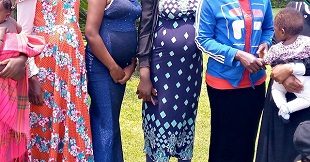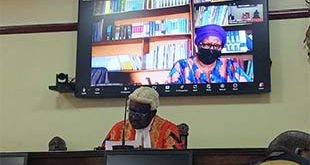
Kampala, Uganda | THE INDEPENDENT | A new set of standards for solar equipment has been adopted to protect actors in the solar-sector in Uganda.
The standards were adopted from the International Electrotechnical Commission to improve the quality of solar products to have a fair market competition by getting rid of fakes on the market. These standards will apply for the plug and play and solar home systems which include batteries, torches, lamps, chargers, controllers, fans, radios, cables, and panels among other solar gadgets under 350 watts.
Patricia Ejalu, the Deputy Executive Director at Uganda National Bureau of Standards-UNBS, is optimistic that the review will allow solar product users, traders and manufacturers to have an input into the process and ease enforcement of the new standards. This she adds will guarantee the safety of solar product users.
Energy consultant Eng. Kiremu Mgambo says that the standards address core aspects of durability, efficiency and functionality, that have been the focus of the Lighting Global Quality Standards in developed countries over the years. These include: advertising and marketing materials accurately reflecting tested product performance, appropriate protection from water exposure and physical access, having durable switches and connectors among others.
According to the guidelines, all solar products on the market must have safety certification batteries, should not have mercury and cadmium, they should have circuit breakers, the right size of wires in line with current-voltage and must withstand heat and cold temperatures with its insulation not breaking.
Eng Kiremu says that a 2019 survey shows that 70 percent of solar products marketed in Uganda do not qualify for use, hence the need for solar standards.
According to Joyce Nkuyahaga, the Chief Executive Officer of the Uganda Solar Energy Association, the new standards will promote market growth with a fair competition among solar products dealers, protect consumers, create jobs and increase energy access with availability of genuine solar products in Uganda.
Benon Bena, the manager off-grid at Rural Electrification Agency (REA) says that sub-standard products in the renewable energy sector have affected efforts to improve off grid electricity access in Uganda, which now stands at 26 percent.
The review will run until November 30, while the standards will be presented to the National Standards Council for approval in December 2020.
******
URN
 The Independent Uganda: You get the Truth we Pay the Price
The Independent Uganda: You get the Truth we Pay the Price


